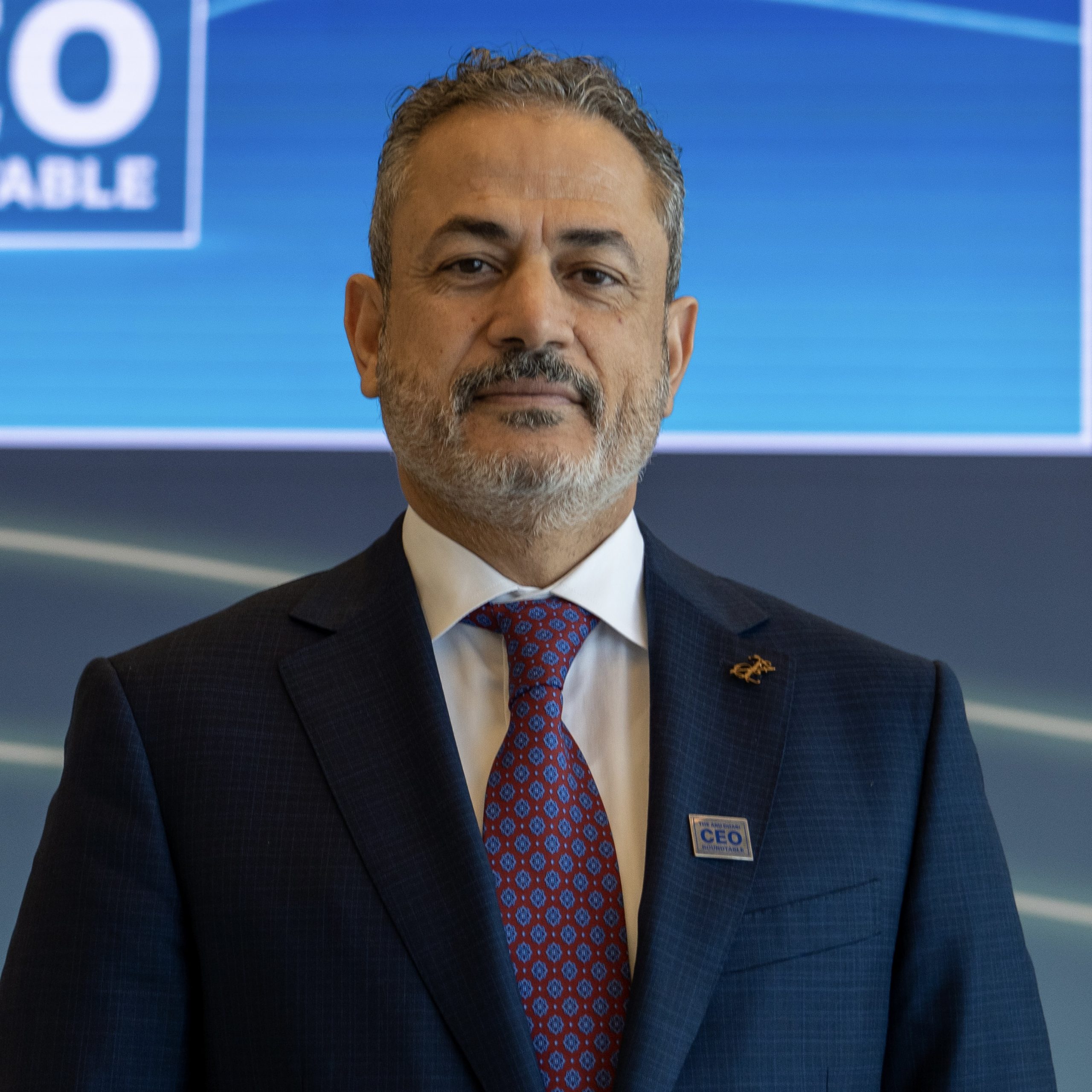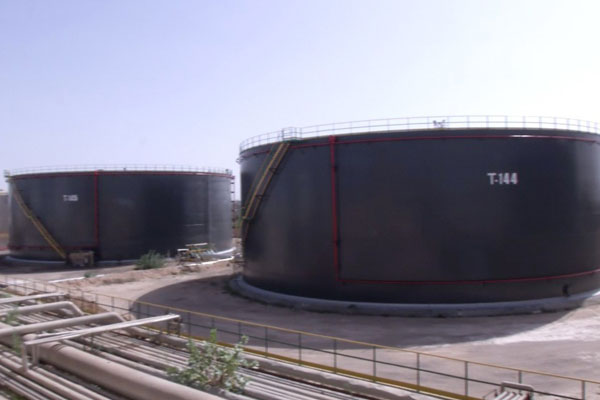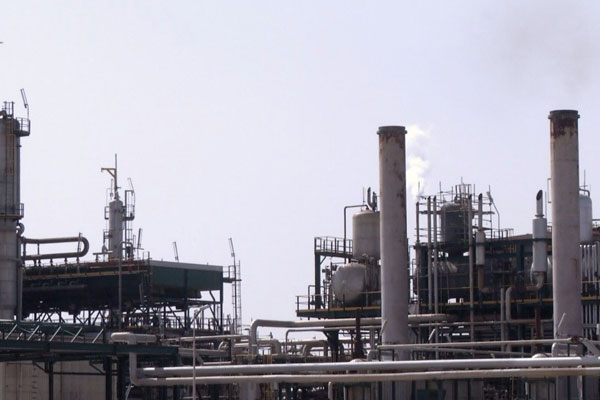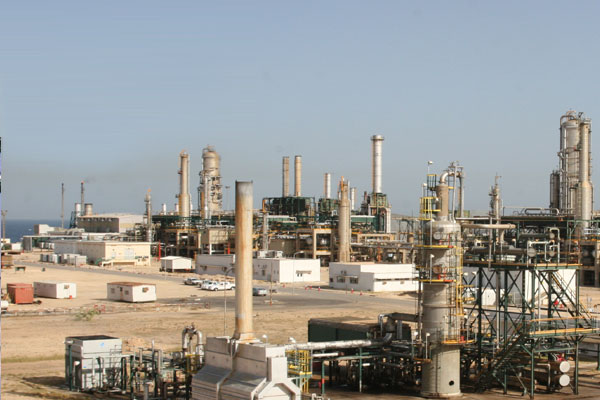Leadership

Mr. Farhat Ben Gdara
Chairman, National Oil Corporation (NOC)
Mr. Farhat Ben Gdara was appointed as the Chairman of the Libyan National Oil Corporation (LNOC) on July 2022.
Mr. Ben Gdara has a 30-year track record in leading Libyan government entities and shaping government policies. He held the position of the Governor of the Central Bank of Libya (CBL)from 2006 until 2011. After the position of the Deputy Governor of the from 2000 to 2006, Among his achievements during this period were the development of the national banking system and the strengthening of the country’s inward investment conditions, both of which had a profound impact on the revival of the national economy.
Mr. Ben Gdara has also held several senior positions in major European and Asian organizations, including Chairman of the Arab Banking Corporation International Bank, Chairman of the Arab Bank for Investment and Foreign Trade, Vice Chairman of UniCredit Group, and Advisor to Standard Charted Bank for GCC and MENA.
This strong track record of running complex institutions was among the reasons for his appointment as Chairman of the LNOC, the country’s leading energy supplier and one of its largest employers.
As a former member of the Libyan Supreme Council for Oil and Energy between 2006 and 2011, Mr. Ben Gdara has a deep understanding of the country’s energy sector and its role in national productivity.
Since becoming Chairman, Mr. Ben Gdara has introduced a strategic plan to increase the production of oil and gas, enhance Libya’s competitiveness in the energy sector, and optimize partnerships, while looking ahead to the role the company can play in the global transition to renewable energy sources.
Mr. Ben Gdara holds a Bachelor’s degree in Economics and a Master of Arts degree in Economics of Money, Banking and Finance.

Mohamed E. Abdo Denbarno
General Manager, Libyan NOC Houston Branch
Mohamed E. Abdo Denbarno is the General Manager, Libyan National Oil Corporation Houston Branch, he earned a Bachelor of Arts in English Language degree from Benghazi University in Benghazi, Libya, in 1983.
Mr. Mohamed Denbarno has been associated in the Oil & Gas industry since 1986 and has been actively involved with the National Oil Corporation (NOC) of Libya during this period. He joined Ras Lanuf Oil & Gas Processing Company (RASCO), a subsidiary company of The NOC in 1986, where he held many roles including Purchasing Superintendent, Purchasing and Expediting Divisional Head and Material Analyst.
In May of 2009 Mr. Denbarno moved to Azzawiya Oil Refining Company, which is another subsidiary of the Libyan NOC, where he took up the position of Procurement Specialist. After taking on increased responsibility within the Procurement discipline, Mr. Denbarno was appointed as Manager of the Purchasing Department in 2016 and became actively involved as a Committee Member for Procurement, Logistics and Contracts.
Mr. Denbarno was appointed to the post of General Manager of Libyan NOC Houston Branch in Houston, Texas, USA, a subsidiary of National Oil Corporation (NOC), in July 2018 and amongst his many responsibilities will be the oversight and the establishment of the Houston office, which initially includes identification of manpower and recruitment, systems implementation and the Supplier Approval processes.






